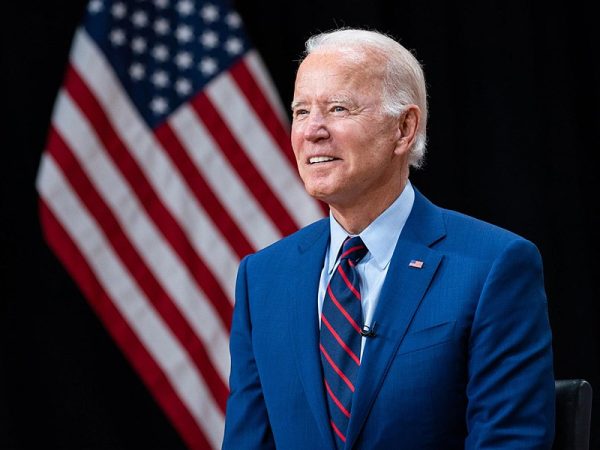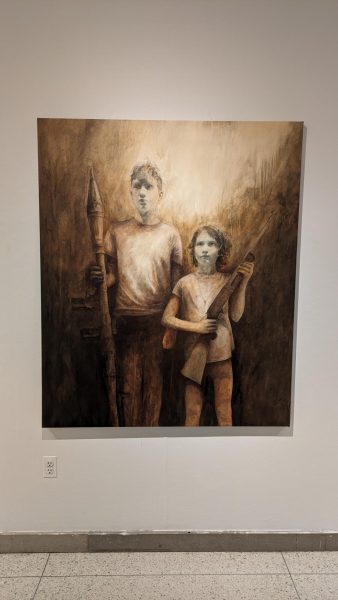Signs you might be abroad: encountering sexual harassment
My experience in India was layered. It was beautiful, exciting and rewarding, and yet it was also tainted by daily sexual harassment.
While abroad I struggled to maintain a sense of safety and security. We were handed a pamphlet by the Allegheny College study abroad department at the pre-departure meeting that explained the forms of sexual assault and sexual harassment under United States law. As you can imagine, social definitions and acceptance of sexual harassment and sexual assault vary by country. Before going to India I was warned that harassment would most likely happen, in the form of stares, grazing hands and more.
But while I was told this would happen, I was not taught, if you can even be taught, how to handle and cope with these types of situations in a culture where the institutions, languages and behaviors differ from your own. Harassment in India was just as typical as the mosquitos that bit my feet.
When people ask me about India, the easy answer is to talk about the Taj Mahal, the temples, the chaos of Bangalore, the beautiful sarees and kurtas at the markets and the spicy food that never set well in my stomach. But what I do not mention is the number of penises my classmates and I saw peeing close to us as we walked down the street; the auto rickshaw drivers who winked, taunted and kissed our hands; the piercing stares men gave us; or the lack of women in public spaces. I could go on and tell you personal stories or instances where my classmates were sexually harassed by U.S. standards, but we were in India.
Those standards meant nothing.
My pamphlet did not tell me what to do when an auto rickshaw driver kept following my friend and I down the street after we refused to get into his vehicle. How he called us “pretty ladies” or kept winking and talking to us as we repeatedly told him to go away. Who were we to turn to, and how were we to cope?
The program I was in always asserted that this is just the way India is. While the program never explicitly told us not to report sexual harassment, they never told us how to report it, either. Sexual harassment happens to all women, but it happened to me more because of my intersecting nationality, race, age and economic status.
In publishing this article I have to make it clear that, yes, I could have reported this harassment at anytime to the program or to the police, but I do not believe that anything would have come of this reporting.
Did the program offer any type of open discussion or emotional support to deal with sexual harassment? No. Did they know that we experienced sexual harassment? Yes. Were they aware of my specific instances of sexual harassment? No. I did not find my program a support system in which I could confide. I only discussed issues of sexual harassment with my host family. It seemed as though there was nothing for me to do. In order to embrace India I had to embrace harassment.
Even if I did want to do something there was nowhere to turn. The police could have taken my complaint, but I do not believe they would have done anything with it. Sexual harassment was too common to be a pressing legal issue.
I lived with a lot of anxiety in India, not because I was scared or because I was unwilling to explore, but because of the experiences I encountered and the situations that seemed to happen over and over again.
To combat this, I had to be constantly defensive. I did not smile in public, I was quick to yell and I would tell any staring man to fuck off, even though they had no concept of what this meant. I try to be open-minded and think that maybe this was a lesson I needed in order to understand the privilege that I have. But in thinking this way I only perpetuate the idea that this behavior was acceptable. It is important to bring to light the issues of harassment abroad; if I do not talk about it, then who will?
I know that I am not alone with these feelings, so I invite those who also felt a lack of safety and security to talk about it. Only through discussion can we understand these internalized experiences that we have been unable to articulate to others.
Moving forward, I hope that both men and women at Allegheny can discuss the harassment that we felt abroad and ways to prepare for and combat it.




